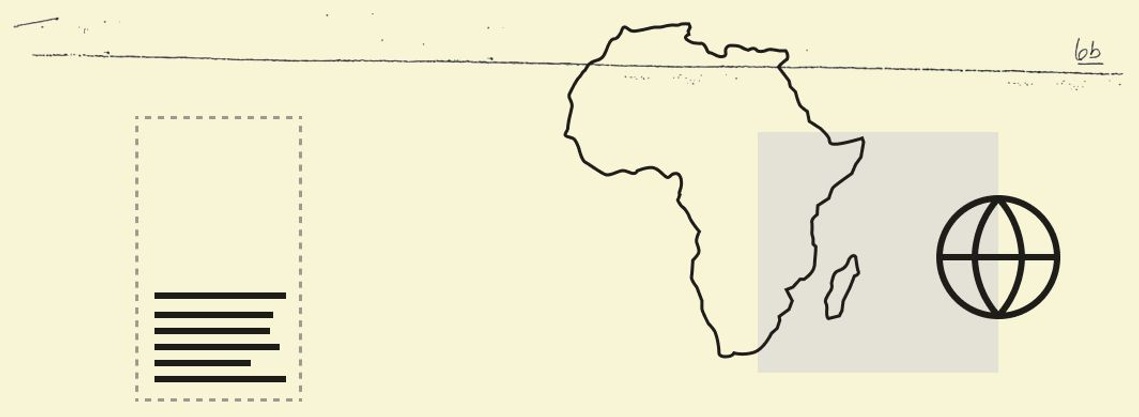 Business & Macro🌍 Afreximbank’s total income increased by 23% year-on-year to reach $3.3 billion in the 2024 financial year, as the group’s assets grew nearly 8% to $40.1 billion. 🇿🇦 South African pharmacy chain Clicks Group said its profit grew by 13.2% for the six months up to February this year, partly driven by growth in private label products sales. Climate & Energy🇳🇬 Nigerian solar energy provider Arnergy raised $18 million from investors including British International Investment. It previously raised money from Bill Gates’s Breakthrough Energy Ventures. Geopolitics & Policy🇲🇱 Mali’s junta closed the offices of Canadian miner Barrick Gold and threatened to seize the company’s assets over tax payment demands, the company said. 🇲🇿 Mozambique’s police and army used deadly force against protesters following October’s disputed presidential elections, an Amnesty International report said, calling for authorities to investigate the killings. Tech & Deals🇳🇬 US data center company Equinix plans to invest $140 million in expanding internet access in southern Nigeria, including developing a new landing station for Meta’s 2Africa submarine cable. 🇸🇱 The International Finance Corporation provided a $12 million loan to Sierra Leonean company Pee Cee Holdings for the latter’s agriculture subsidiary to mechanize a 500-hectare onions, maize, and potato farm. |